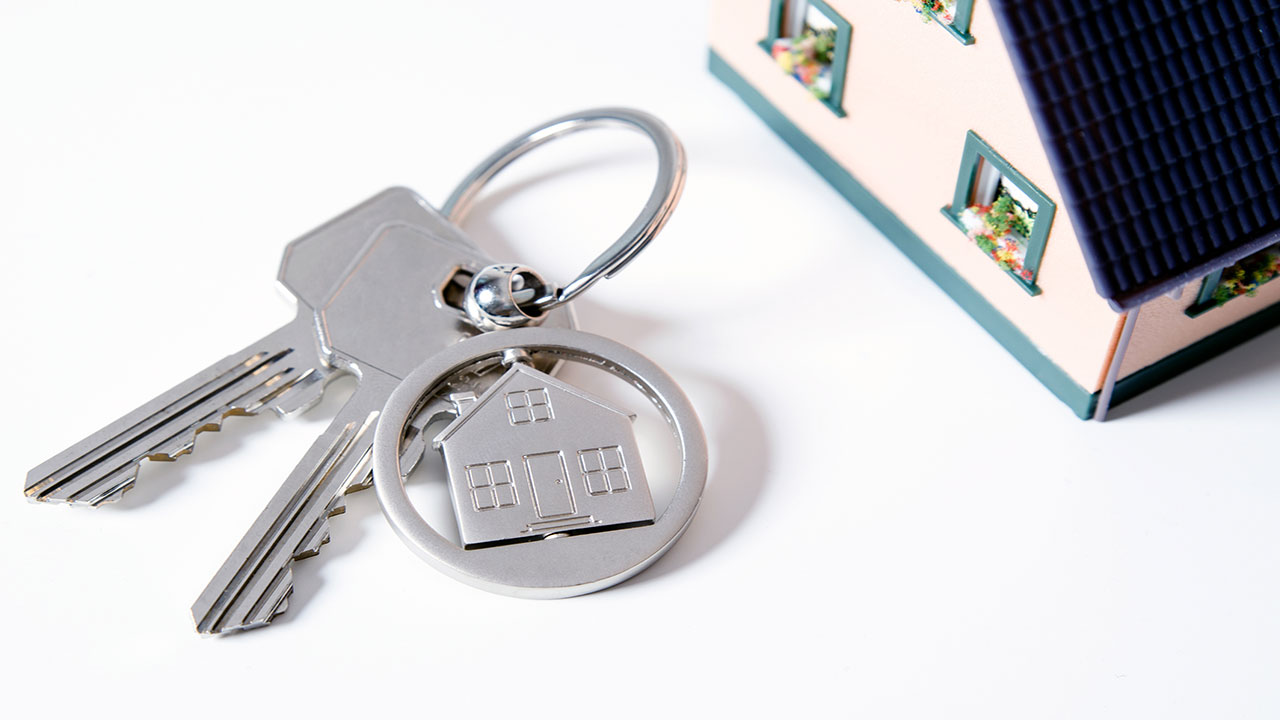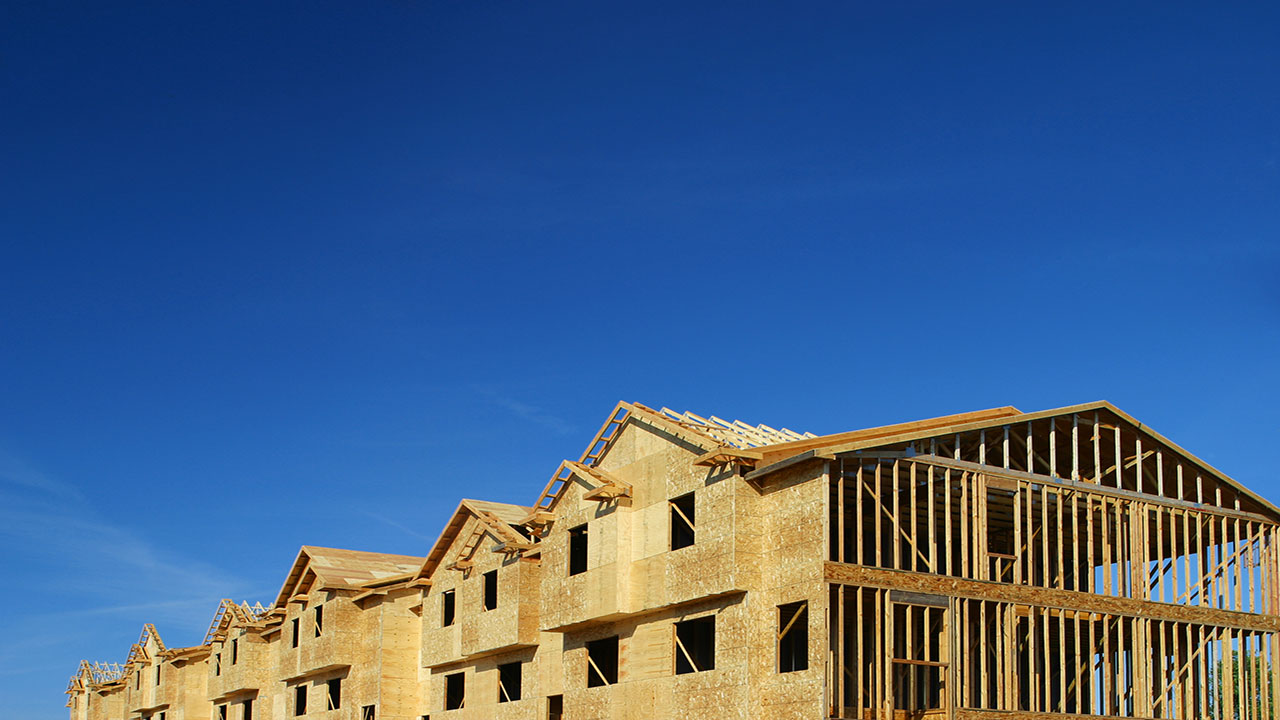
Selling a home is undoubtedly an expensive endeavor, but it can be even more costly if you go it alone. Without the help of a real estate agent, you could find yourself making some expensive mistakes and missing out on lucrative opportunities.
Sure, agents charge commissions, which is the main reason why sellers might consider selling their homes on their own. But there are plenty of reasons why they shouldn’t, and here are just a few.
1. You’ll Waste a Lot of Time

Selling real estate is a full-time job. It’s not something that can be easily or successfully done when doing it a few hours on the weekend or whenever you have the time. Instead, selling homes requires full-time attention, which you likely don’t have time for.
It’s a widely-held misconception that selling properties is just a simple matter of putting up a few images and description of the property online and waiting for the offers to roll in.
Instead, selling real estate requires a lot more time and effort than the average person may not realize. There is a ton of work that goes on behind the scenes, and it can be extremely time-consuming.
Unless you are a full-time agent yourself, you likely won’t have enough time in your schedule to dedicate to all the ins and outs of selling your home. In this case, your best bet is to leave it to the professionals to handle it for you.
2. You Might Not Present Your Home Appropriately
It’s one thing to clean up your house and keep it tidy while it’s on the market, but it’s quite another to understand the buyers in your area and know what they’re looking for in a home. Professionals know the buyer demographic in the areas they work in. Using that information, they can effectively guide homeowners in prepping their homes in such a way that it is more attractive to a larger pool of buyers.
At the very least, your home should be neutralized and de-personalized, which means eliminating any personal artifacts and decorating in colors that more buyers would be attracted to. Real estate agents either know how to do this on their own or have connections with professional home stagers who do this job for them.
As a home seller, will you know exactly what to do to make a positive impression on buyers? If not, you’d be better off having a seasoned realtor help you to ensure this impression is a good one.
3. You’ll Have Far Less Marketing Reach

How exactly will you get the word out there that your home is listed for sale? Sure, you can put some images on free websites out there, or even paid ones. But are you able to advertise your home across several websites and social media channels to attract buyers and their agents on a local and even national level?
Real estate agents have the knowledge and experience with using specific marketing tactics and analytics to ensure your listing is communicated to a targeted audience. They’ll know which type of print media would be appropriate for your listing in order to maximize every advertising dollar spent. They’ll know exactly which type of images will produce the greatest amount of attention.
Real estate agents are also able to access to the Multiple Listing Service (MLS), which is a database of properties on the market. It’s managed for real estate agents, by real estate agents who pay a fee to have access to it. The MLS offers the largest database of homes on the market, and since all paying realtors have access to it, your property will get a lot of attention if you are represented by a realtor.
If you go it alone, your marketing reach will suffer a great deal, which can have a negative impact on your ability to find the right buyer who is willing to pay what your home is worth.
4. You’ll Miss Out on an Agent’s Extensive Network
Agents know other agents. They might know of an agent who is representing a buyer looking for a home just like yours. They’ve always got their fingers on the pulse of what’s happening in your market and can use the connections they have with other professionals in the industry to help make a sale happen.
Real estate agents also network with related experts in the field, such as photographers, home stagers, lawyers, home inspectors, contractors, and mortgage specialists who can all play a role in a real estate transaction.
If you don’t work with an agent, you’d likely be missing out on this extensive network of professionals that can make your sale a lot smoother.
5. Your Emotions May Get in the Way

It’s not uncommon for sellers to be emotionally charged when selling their properties. Many sellers have a tough time detaching themselves from their homes, and these emotions can get in the way of a successfully negotiated deal.
To sellers, properties are homes where they’ve built memories. Dealing with the emotions involved in putting their home on the market can prove to be difficult.
If you allow your emotions to get the better of you, it’s possible that the sale of your home will suffer. That’s why it’s always best to have a professional real estate agent act as a buffer between you and the buyer. That way all negotiations will be handled in a professional manner without allowing any emotions to cloud the process.
6. Your Negotiation Skills May Not Be Enough
Once you receive an offer from a willing buyer, will you know how to respond to it? Will you know what to look for in an offer to make sure it’s a good one? Are you savvy when it comes to working with buyers and knowing what it takes to ensure a meeting of the minds?
This is where a seasoned real estate professional can be extremely useful. Agents have the skills and experience negotiating real estate deals to make sure their clients’ best interests are protected while working with buyers’ needs to result in a successful deal. Negotiations can be an intricate process, which is why you’d be in a better position if you have an agent working in your corner to achieve the outcome you’re looking for.
7. Your Listing Price May Not Reflect the Current Market

As a seller, you obviously want the most money for your home, but you’re not going to get it just by listing your home at a random high price. Getting top dollar for your home requires careful strategies, one of which includes choosing the right listing price. In fact, it’s the listing price that plays the most important role in a real estate transaction.
If you price too high, you’ll scare off prospective buyers. In turn, your home will sit on the market, wasting valuable time. The longer it sits on the market, the more of a stigma it will gain. Buyers will start to wonder what’s wrong with the home, and you may be forced to reduce your listing price at some point in the future.
That’s why picking the right asking price is so important. Do you know how to come up with the right price? What type of resources will you look at to help you determine this crucial number?
It’s not enough to simply look at what other homes in the area are currently listed at. What they’re asking for doesn’t necessarily reflect how much they will realistically get. Not only that, you need to make sure you’re comparing apples to apples, as the listing price of a home that’s dissimilar to yours won’t give you much to go on.
Real estate agents will be able to conduct research on similar homes in the area that have recently sold to come up with a listing price that accurately reflects the current market. By doing so, you’ll be in a better position to attract prospective buyers in your area and sell your home sooner rather than later.
The Bottom Line
Going solo when selling your home is a big mistake, and you’ll likely realize that shortly after listing without an agent. Trying to sell your home without a professional isn’t the best way to try to save some money on real estate commissions. Instead, a real estate agent can be your best ally when it comes to getting the most out of your transaction.






























